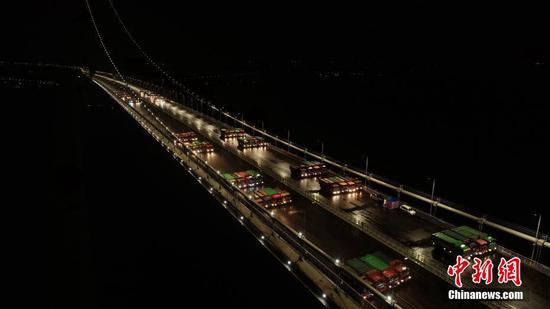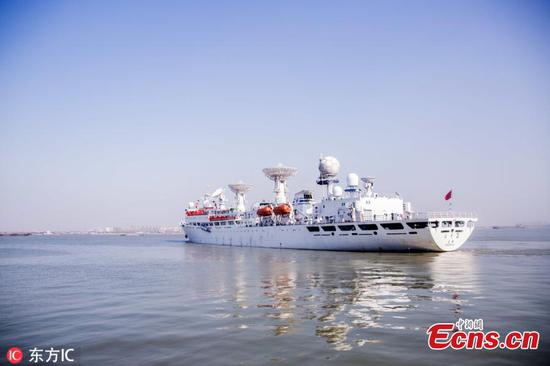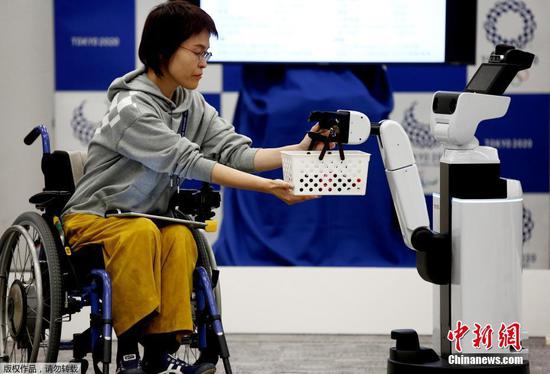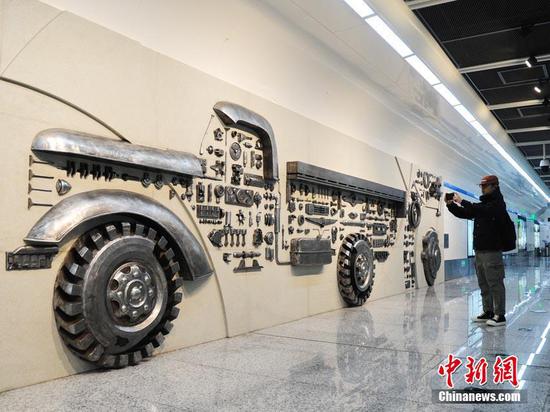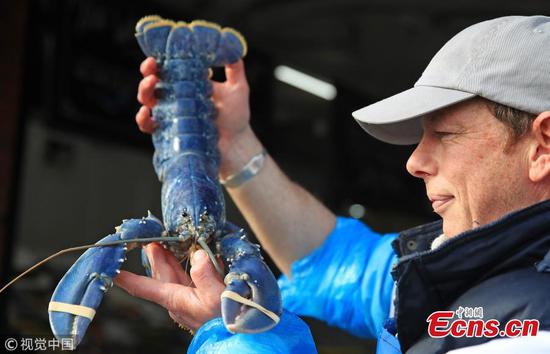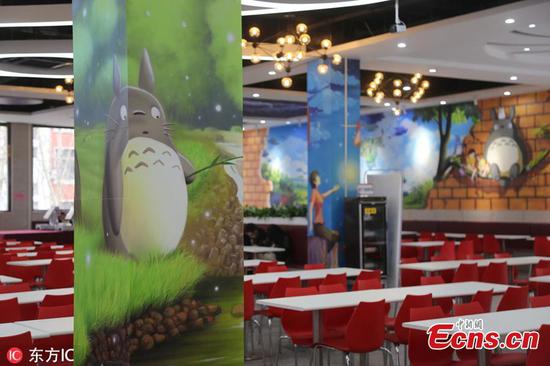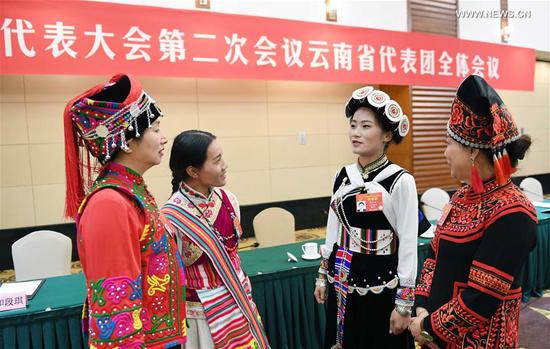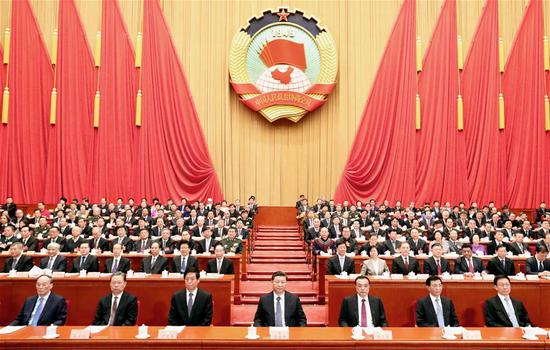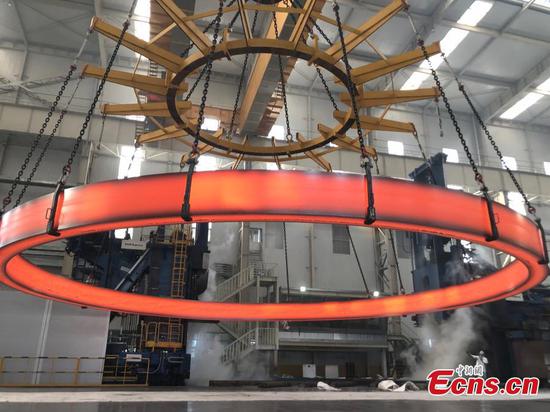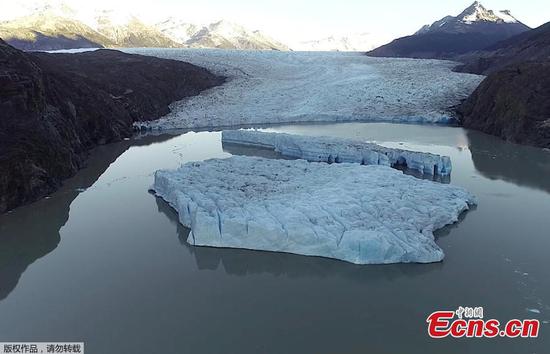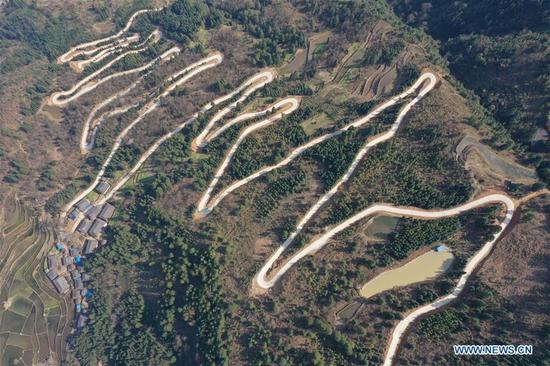The fourth session of the UN Environment Assembly (UNEA4), which ended on Friday, has outlined an ambitious roadmap to realize sustainability in production and consumption of goods.
Delegates who included world leaders, ministers, industry executives and innovators agreed that a reorganization of the current production and consumption patterns is key to reversing environmental degradation.
Siim Kiisler, president of UNEA4 and Estonia's environment minister, said that realization of a new vision for efficient production and consumption will be dependent on enactment of sound policies coupled with investments in clean technologies and capacity development.
"To reverse degradation of our planet, we must embrace policies and norms that ensure we produce and consume sustainably," Kiisler remarked at the official opening of UNEA4.
More than 4,700 delegates attended this year's global environment assembly whose theme was "Innovative solutions for environmental challenges and sustainable consumption and production."
Joyce Msuya, acting executive director of UN Environment Programme (UNEP), said the assembly was expected to adopt sweeping resolutions to transform existing production and consumption patterns that bode ill for the sustainability agenda
"We need to transform the way we produce and consume given the overwhelming scientific consensus on the negative consequences of unsustainable use of planetary resources," said Msuya.
She cited the sixth edition of Global Environmental Outlook, which reveals that unsustainable practices are taking a heavy toll on health of natural habitats and that of communities.
A science business policy forum that took place ahead of the UN Environment Assembly discussed innovations that can be adopted to boost efficiency across production value chains.
Satya Tripathi, head of New York office at UNEP, said at the closing of the two day forum that a transition to cleaner and efficient modes of production is key to realizing sustainable development goals related to poverty reduction, health and environmental sustainability.
"There is a compelling evidence indicating that adoption of efficient means of production and consumption will reduce carbon footprint and protect ecosystems from harm," Tripathi remarked.
He said that achieving zero emissions across key production value chains demands greater uptake of renewable energy and investments in waste recycling.
This year's UN Environment Assembly ran concurrently with an innovation expo that showcased cutting edge innovations and technologies that are promoting cleaner production of goods.
Experts said that a shift to cleaner production will minimize damage to ecosystems, boost human health and create inclusive prosperity.
Isaiah Owiunji, energy and climate expert at World Wildlife Fund (WWF), said that a new reawakening on the need for industries to adopt cleaner production has gained traction given the ecological and health benefits.
"There is an agreement among policymakers and investors that adopting eco-friendly means of production has economic, social and environmental benefits in the long-term," said Owiunji.
He urged stronger linkages between governments, industry and academia to explore innovations that can facilitate a transition to cleaner production.
Green campaigners said that governments should fast-track enactment of policy and legislative tools required to embed cleaner production in climate change adaptation.
Mithika Mwenda, secretary general of Nairobi based Pan African Climate Justice Alliance (PACJA), said that enforcement of regulations coupled with advocacy and capacity building is key to promoting sustainable production and consumption practices.
"The world has an opportunity to seize opportunities presented by sustainable production and consumption that are not restricted to clean air and water but also resilience of critical ecosystems to climatic shocks," said Mwenda.
He urged robust South-South collaboration in technology transfer and training to boost efficiency in production and consumption of goods amid rapid industrialization in developing countries.
Industry leaders who attended the five-day environment assembly backed a switch to efficient production and consumption models to help conserve finite resources.









